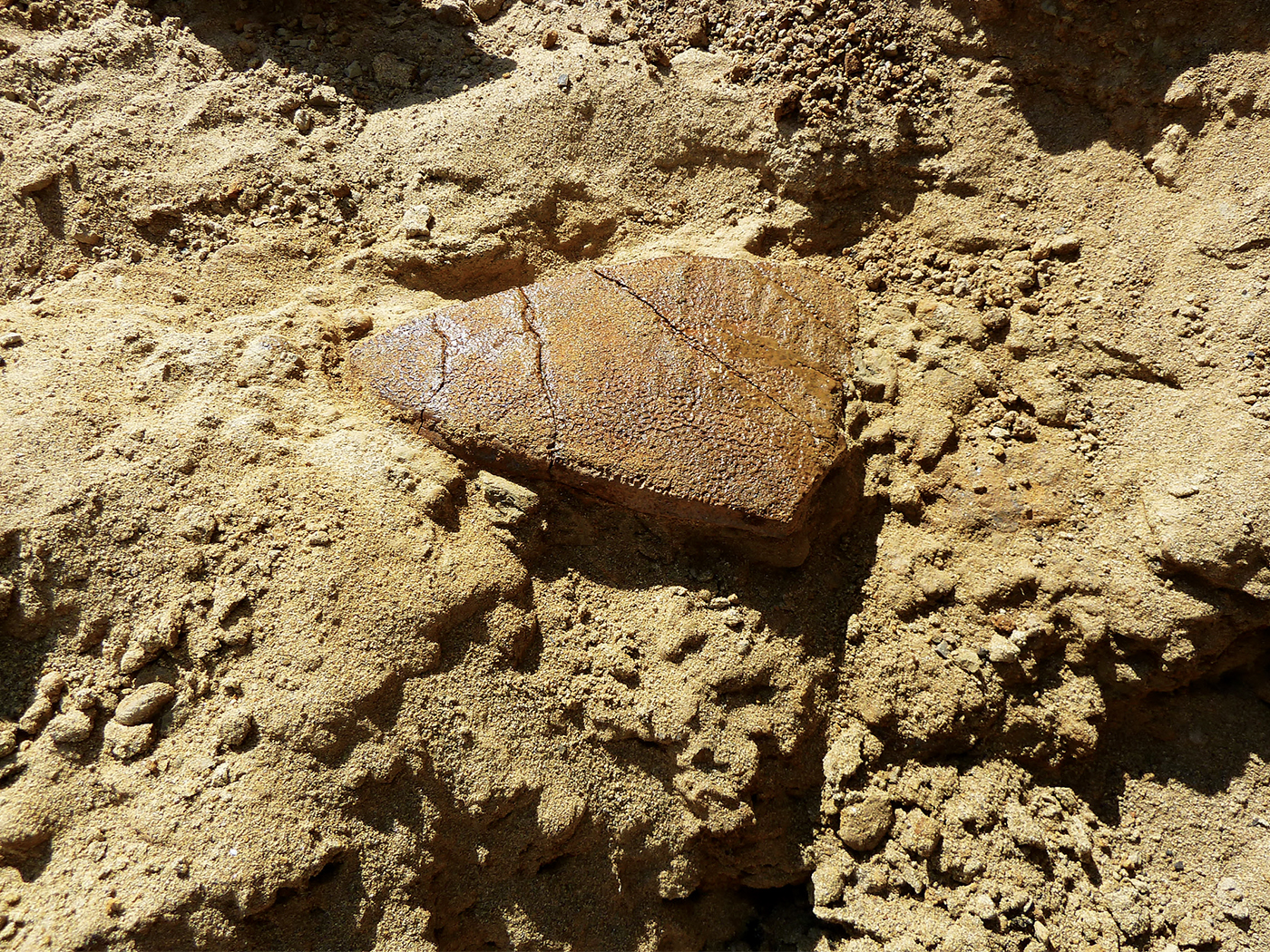Search Tools
New Defender's Study Bible Notes
5:7 none other gods. In Deuteronomy 5:7-21 Moses repeats the ten commandments as first recorded by him in Exodus 20:3-17. Most are repeated verbatim, though there are a few significant modifications. This repetition of the Decalogue is the main reason why the book was named Deuteronomy (meaning “Second Law”).
5:8 any graven image. Archaeological excavations in the lands of the Bible have yielded images of many so-called gods and goddesses. It is significant, however, that no excavator has yet unearthed an image purporting to represent Jehovah (or Yahweh).
5:13 thou shalt labour. The word for “labour” in the ten commandments (Hebrew abad) does not necessarily mean some kind of demeaning toil. The basic meaning is “serve,” and it is so translated 214 times in the King James Translation. Further, the word for “work” (Hebrew melakah) really connotes “stewardship,” not servile labor. Every honest occupation, if rendered “as to the Lord” (Colossians 3:23) is in a real sense serving God. Note also that God has ordained a six-day work week, not four or five days. Finally, we should remember that those who belong to His family will continue to “serve Him” throughout eternity (Revelation 22:3).
5:15 keep the sabbath day. The most significant difference between the parallel records of the ten commandments in Exodus and Deuteronomy is in the reason given for keeping the sabbath. In Exodus it was said to be in remembrance of the completed creation, honoring God as Creator of all things. Here in Deuteronomy, the reason was in remembrance of their miraculous deliverance from slavery in Egypt, honoring God as Redeemer and Savior. Thus, in our own day, it is appropriate that we also observe every seventh day as a day to honor God both as Creator and Savior, remembering both His finished creation (Genesis 2:1-3), and His completed redemption (John 19:30).









